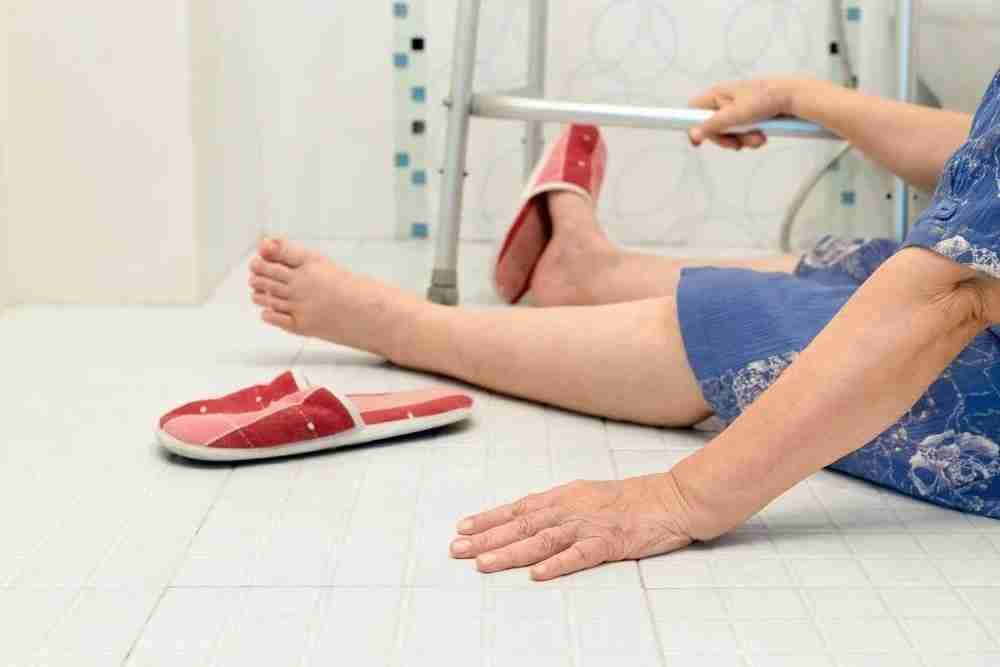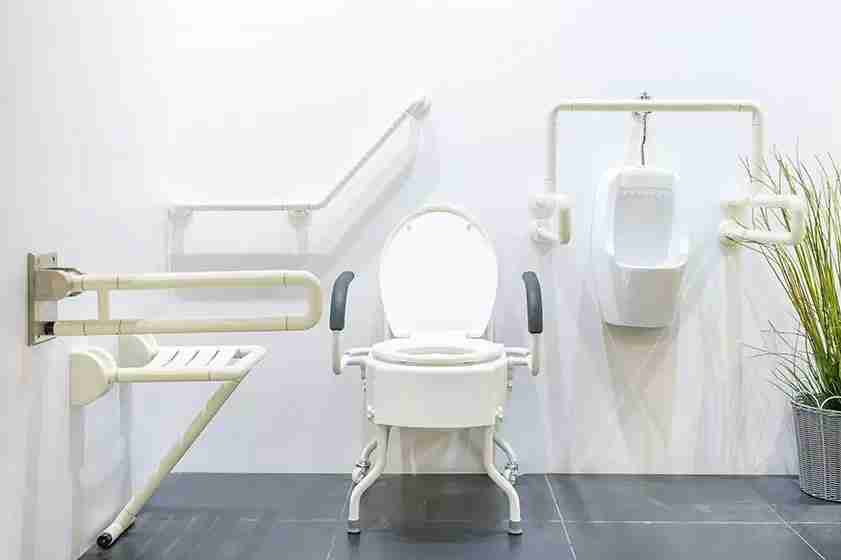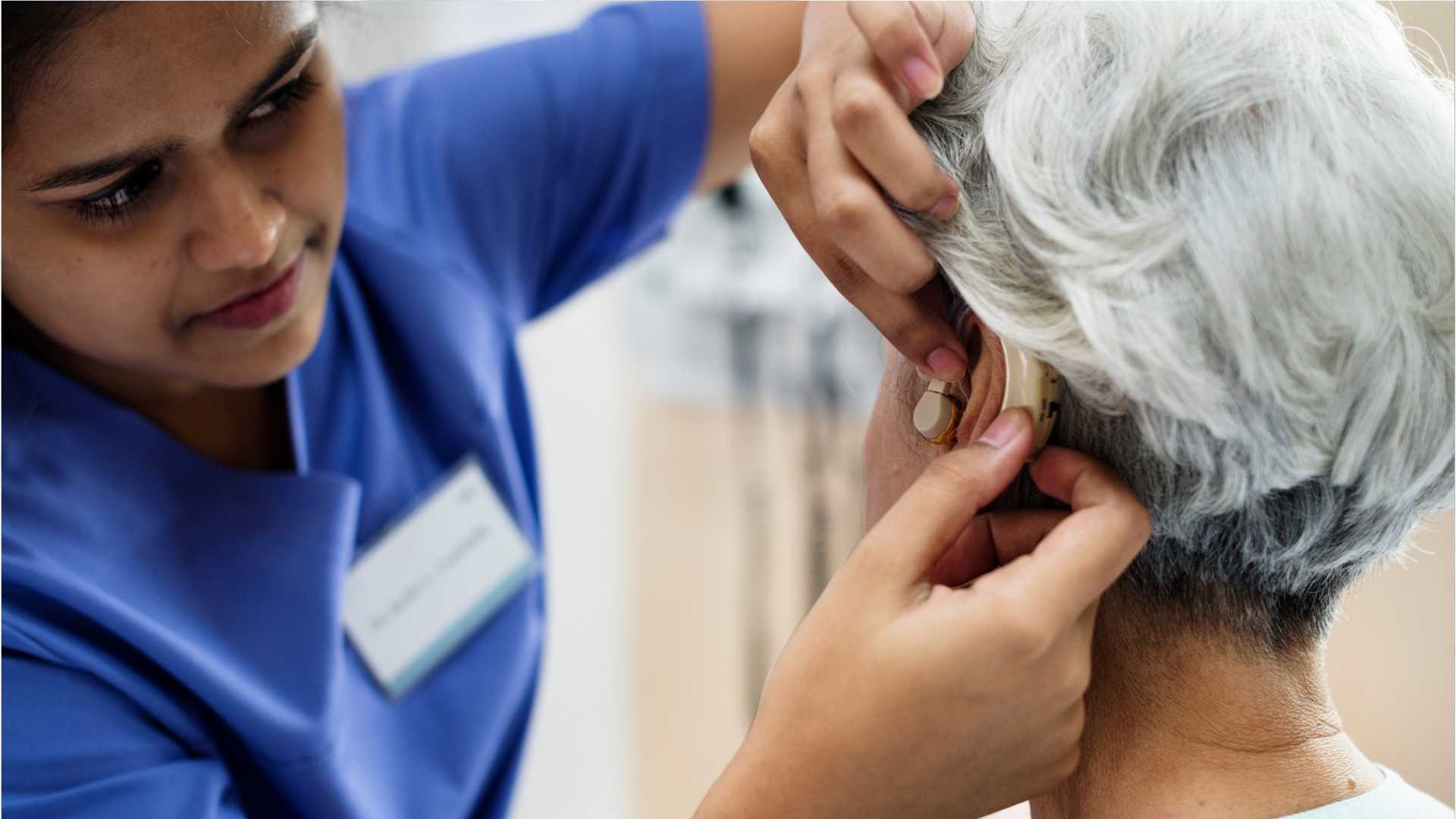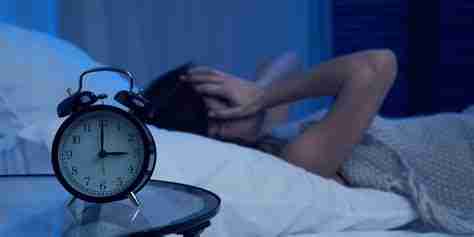Why are older adults more prone to falling?
Falling is a universal fear, but for older adults, the consequences can be particularly severe. As we age, our bodies become less adept at healing, making prevention crucial. Dr. Arvind Kasthuri from St. John’s Medical College in Bangalore, and Dr. Dhanya Prabhu Ramdas, Head of Clinical Services at Bridge Health in Bangalore, had led interactive sessions with members of Silver Talkies, addressing the causes, consequences, and prevention of falls among older people. This article summarizes the key points that they shared together.
When she was five years old, an older relative of Dr Ramdas had fallen in the bathroom and died. While this scared her as a child, Dr Ramdas studied to be a medical doctor, and now focuses on geriatric health. “Our bodies are supposed to be symmetrical, but injuries are asymmetrical,” she said.
Among the older population, several personal risk factors contribute to falls, including health problems like diabetes and Parkinson's, physical inactivity, medication side effects, poor eyesight, and the fear of falling. According to the World Health Organization (WHO), approximately 28-35 percent of people aged above 65 fall each year; that number goes up to 32-42 per cent for those over 70 years of age. One research in USA studied the data from emergency departments, based on people above 65 arriving there with injuries caused by falling. The research found that 79.2 percent of falls took place at home; the study found that the most common locations for a fall at home were the bedroom, bathroom, and stairs.

Common Personal Risk Factors
General declining health: Diabetes, irregular insulin levels, vertigo, Parkinson’s, and dementia are common problems that often lead to falls among adults. But they can be managed to a certain extent through lifestyle changes, and medications.
Physical Inactivity: Sitting down for long periods and spending too many hours of the day sitting can lead to a loss of muscle mobility, making a person go weak in their knees, dizzy leading to falls.
Medication: Check with your doctor to ensure that all the medication you are taking is necessary for you. If the side effect you experience from a certain medication is dizziness, then immediately inform your doctor about this.
Poor Eyesight: People with bifocals (a type of eyeglasses that feature two different optical powers in one lens, to be able see objects nearby as well as in the distance) are a common risk of this problem. Anyone who recently had an eye surgery, or suffers from near-sightedness or far-sightedness, can also be at a risk of falling.
Fear of falling: The psychological fear of falling can also cause us to fall in real-time, therefore we need to educate ourselves on preventive measures and talk to people about what fears we have so we can work towards reducing them. At the same time, if you have fallen once, try not to limit your lifestyle because of that fear.
Reduce the Risk of Falling
There are several preventive measures that can be taken to reduce falls among older adults. These measures can be addressed in four domains: home, bathrooms, lifestyle changes, and healthcare
At Home
- The house should be well-lit and there should be no dimly-lit areas. It is always useful to have a zero-watt night light on in corridors, especially on the way to the bathroom and the kitchen.
- If you have pets, ensure that when you are walking, or getting up, they are not between your legs to prevent chances of tripping over them and falling
- Ensure your rugs, and carpets are not folded, and there should be no clutter around the house. The corners of rugs and carpets should be secured properly to the ground.
- Chairs and beds in the house should be easy to use. They should easily be able to sit and get up from them. Ensure that the height of chairs and beds are not too low or too high for the use of the older adults.
Bathrooms

- Ensure there is a railing in and around the bathing area, that one can hold on to when taking a bath
- If required, place a stool that you can sit on when taking a bath to prevent falls from slippery soapy floors.
- There should be no raised shelves that would make it difficult to access soaps or shampoos.
- Toilet seat should not be very low
- Place a non-slip mat in the washroom to prevent slipping.
- Place a bell of any kind inside the toilet and bathroom that is easily reachable, so that if there is any problem, the person can ring it to alert someone in the house.
Healthcare
- Talk to your doctor if you have a fear of falling or have recently fallen down
- Consult with your doctor to ensure that you are not taking any unnecessary medication, or if the side effect of any medication makes you dizzy. Have timely visits with doctors and always carry your prescription, so that the doctor has a chance to take off some medication that may not be needed any more.
- Ensure that your eyeglasses are always clean, and if you have trouble seeing with them, consult with a doctor.
Lifestyle
- Make sure you do not skip meals and nutritious food
- Apart from daily chores, partake in at least 30 minutes of physical activity daily like walking
- Take vitamin supplements to strengthen your bones. Ask your doctor to prescribe them for you.
- If you need a walker or stroller, please do not hesitate to use it. You can consult with your physiotherapist or family doctor to figure out what walking stick or stroller works best for your needs.
- Ensure that you wear comfortable and form-fitting shoes, to prevent the risk of tripping
- Seek a podiatrist (medical specialists who help with problems that affect your feet or lower legs) if you are experiencing painful or swollen feet
Remedies in case you fall
Sometimes you may take all the necessary precautions and still fall, and in such cases there are certain remedies you can follow:
- Raise an alarm: If you are able to, call out or shout out to seek help so that you can get up. It might be a good idea to connect an electric or regular bell by your bedside or in the bathroom.
- Do not panic: This is very crucial because falling is not always life-threatening. Try not to imagine the worst-case scenario.
- Try to crawl to your nearest stationary object, whether a chair, table, or any other. Try to get yourself up while maintaining three points of contact in your body at all times. If you have a bad knee, do not put pressure on that knee to try to get up; use the other knee to lift yourself from the ground. Then seat yourself for some time, and do not attempt any strenuous activity.
Through awareness and proactive measures, such as environmental modifications, lifestyle adjustments, and healthcare assessment, the risk can be significantly reduced. By prioritizing fall prevention, we can empower older adults to maintain their independence and well-being. Prompt response and effective remedial actions in the event of a fall further mitigate potential harm.
Comments

Maya
24 Oct, 2024
Great guidelines to prevent falls. It's better to be safe than sorry.
You may like to read:






Post a comment